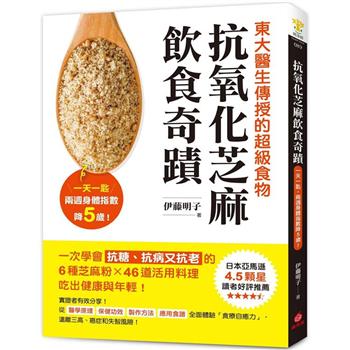There are lots of books about the BSA Bantam, about its history, performance, lineage and the minutae of its specification, but none of them will tell you what to look for when buying one secondhand. That’s what this book is about - it aims at being a straightforward, practical guide to buying a used Bantam. It won’t list all the correct color combinations for each year, or analyze the bike’s design philosophy, or consider its background as part of a troubled industry - there are excellent books listed at the end of this one which do all of that. But hopefully it will help you avoid buying a dud. Point by point, it takes the reader through everything that needs looking at when buying a Bantam, plus spares prices, which is the best model to buy for your needs, a look at auctions, restorations and paperwork. Over 23 years of production, the Bantam is for some the definitive postwar British lightweight, perhaps even the definitive one, with all its strengths, weaknesses and character. Although there might seem to be a wide range of models and special editions, all are based around the same 123, 148 or 174cc two-stroke engine. There were plenty of changes over the years, but none of them changed the basic format of this classic British commuter. Aside from all the history, the Bantam remains a tremendous classic to own. It might not have the glamour of a big road-burning Bonneville or Gold Star, but the Bantam remains the most affordable route into classic bike ownership - better still, it’s a lot of fun!
| FindBook |
有 1 項符合
Bsa Bantam: The Essential Buyer’s Guide的圖書 |
 |
Bsa Bantam: The Essential Buyer’s Guide 作者:Henshaw 出版社:Veloce Publishing 出版日期:2008-05-15 語言:英文 規格:平裝 / 64頁 / 19.1 x 13.7 x 0.5 cm / 普通級 |
| 圖書館借閱 |
| 國家圖書館 | 全國圖書書目資訊網 | 國立公共資訊圖書館 | 電子書服務平台 | MetaCat 跨館整合查詢 |
| 臺北市立圖書館 | 新北市立圖書館 | 基隆市公共圖書館 | 桃園市立圖書館 | 新竹縣公共圖書館 |
| 苗栗縣立圖書館 | 臺中市立圖書館 | 彰化縣公共圖書館 | 南投縣文化局 | 雲林縣公共圖書館 |
| 嘉義縣圖書館 | 臺南市立圖書館 | 高雄市立圖書館 | 屏東縣公共圖書館 | 宜蘭縣公共圖書館 |
| 花蓮縣文化局 | 臺東縣文化處 |
|
|
圖書介紹 - 資料來源:博客來 評分:
圖書名稱:Bsa Bantam: The Essential Buyer’s Guide
內容簡介
作者簡介
Peter Henshaw has had an enthusiasm for anything with wheels from an early age - from bicycles to 500hp tractors. He was the editor of Motorcycle Sport & Leisure for five years before going freelance, and now contributes to a whole range of transport magazines, including MSL, TAG, A to B and Tractor, as well as The Telegraph. He’s also written over 30 books, including 10 about bikes, and is an all-year-round motorcyclist who does not own a car.
|










